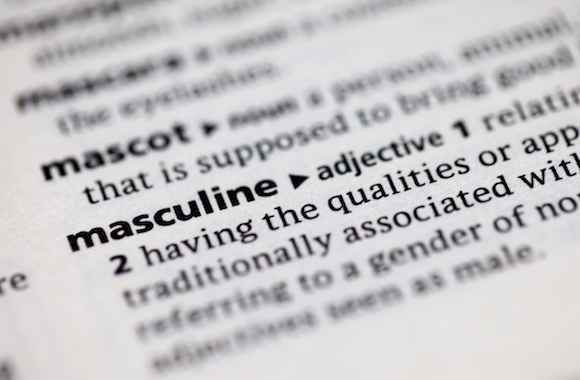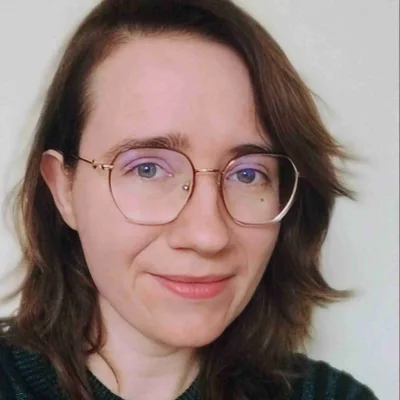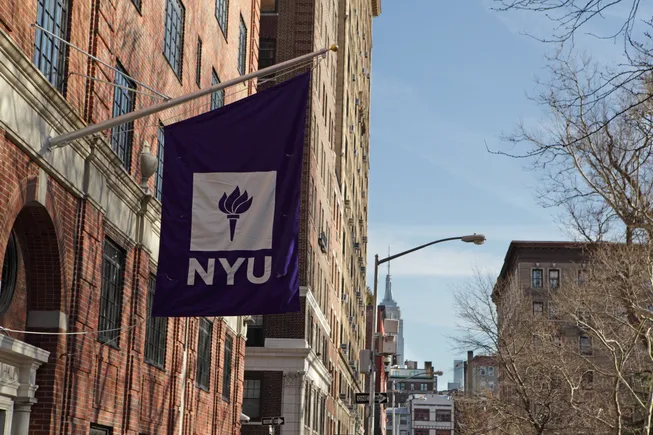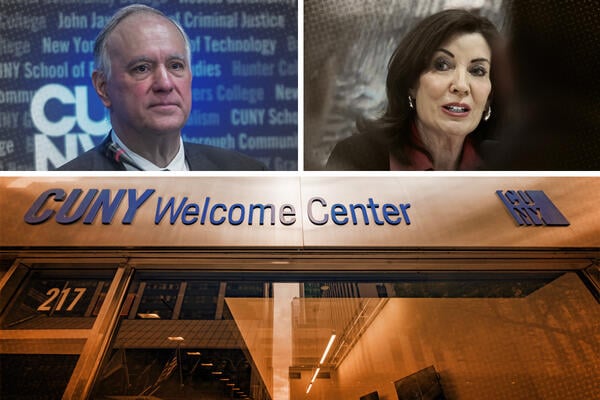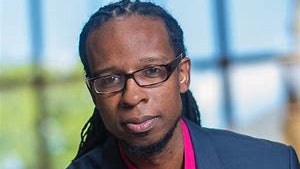New York governor Kathy Hochul took an unusual interest in the hiring practices of the City University of New York on Tuesday when she ordered the public system to take down a job posting for a professorship in Palestinian studies at Hunter College.
CUNY quickly complied, and faculty at Hunter are up in arms over what they call a brazen intrusion into academic affairs from a powerful state lawmaker.
The job posting was for “a historically grounded scholar who takes a critical lens to issues pertaining to Palestine including but not limited to: settler colonialism, genocide, human rights, apartheid, migration, climate and infrastructure devastation, health, race, gender, and sexuality.”
“We are open to diverse theoretical and methodological approaches,” the posting continued.
In a statement Tuesday night, Hochul said the posting’s use of the words “settler colonialism,” “genocide” and “apartheid” amounted to antisemitic attacks and ordered CUNY to “immediately remove” the posting.
A few hours later, CUNY complied, and system chancellor Félix Matos Rodríguez echoed Hochul’s criticisms of the posting.
“We find this language divisive, polarizing and inappropriate and strongly agree with Governor Hochul’s direction to remove this posting, which we have ensured Hunter College has since done,” he wrote in a statement.
Hochul also directed the university system to launch an investigation at Hunter “to ensure that antisemitic theories are not promoted in the classroom.” Matos Rodríguez appeared to imply the system would follow that order as well, saying, “CUNY will continue working with the Governor and other stakeholders to tackle antisemitism on our campuses.”
A CUNY spokesperson declined to say whether the system would launch a probe into the posting at Hunter but wrote in an email that “each college is responsible for its own faculty job posting.”
Hochul’s order came after pro-Israel activists, including a former CUNY trustee and current professor, publicly voiced concerns about the posting.
“To make a Palestinian Studies course completely about alleged Jewish crimes is akin to courses offered in the Nazi era which ascribed all the world’s crimes to the Jews,” Jeffrey Weisenfeld, who served as a CUNY trustee for 15 years, told The New York Post.
Faculty at Hunter are livid about the decision, according to multiple professors who spoke with Inside Higher Ed both on the record and on background. They say it’s a concerning capitulation to political pressure from an institution they long believed to be staunchly independent.
One longtime Hunter and CUNY Graduate Center professor, who spoke with Inside Higher Ed on the condition of anonymity out of fear for their job, said faculty across the system were “outraged at this craven act by our governor and our chancellor.”
“It shows that [Matos Rodríguez] has no commitment to academic freedom or moral compass that would allow him to stand up at this moment of political repression,” they said.
CUNY’s Professional Staff Congress, the union representing more than 30,000 faculty and staff members across the system’s 25 campuses, wrote a letter to Matos Rodriguez on Wednesday evening condemning the posting removal and calling on leadership to reverse their decision.
“An elected official dictating what topics may be taught at a public college is a line that should not be crossed,” the letter reads. “The ‘divisive concepts’ standard for universities is something devised in Florida that shouldn’t be exported to New York. What’s needed are inclusive ways of teaching, not canceling concepts and areas of study.”
It was unclear Wednesday whether the job posting would be edited and reposted or if the opening would be eliminated. A CUNY spokesperson declined to respond to questions about the job’s future, but the anonymous faculty member said they believed Hunter officials were revising the post, intending to relist it.
The anonymous professor said they were worried that Hunter president Nancy Cantor, who took on the role last August after leading Rutgers University–Newark for a decade, could face severe scrutiny after the posting.
“We fully support this initiative by our president to make this Palestinian studies cluster hire,” the anonymous professor said. “I’m very worried about Nancy Cantor’s tenure at Hunter. I think this is part of a campaign by the far right to get rid of Félix [Matos Rodríguez], and it would not surprise me in the least if he threw Nancy Cantor under the bus to save his own skin.”
Heba Gowayed, an associate professor of sociology at Hunter, said she was shocked that Hochul had made the job posting a priority, especially as threats to academic freedom and attacks on higher education from Republicans are intensifying.
“This is an unprecedented overstep in authority, but instead of coming from Republicans, it’s coming from a Democrat in one of the bluest states in the country,” she said. “They’re the ones that are supposed to be fighting to protect academic freedom. This is a tremendous abdication of that responsibility.”
‘A Climate of Fear’
The anonymous professor said their colleagues are grappling with contending emotions: rage and fear. There’s a great appetite to speak up, they said, but they also feel it’s more dangerous than ever, even for tenured faculty.
“People are worried across the board,” they said. “That is the kind of climate of fear that this sort of action creates.”
It’s not the first time CUNY has responded to pressure from pro-Israel activist groups in faculty workforce decisions. Since the Oct. 7, 2023, Hamas attacks, CUNY institutions have declined to renew contracts for two vocally pro-Palestinian professors: Danny Shaw at John Jay College of Criminal Justice, who says he was the target of a pro-Israel pressure campaign to get him fired after 18 years of teaching, and lecturer Lisa Hofman-Kuroda at Hunter, who was reported for pro-Palestinian social media posts.
Shaw, who is currently suing CUNY for breach of contract, told Inside Higher Ed that the decision to remove the job posting did not surprise him.
“This is McCarthyism 2.0,” he said. “Administrators won’t protect us. It’s been made pretty clear that at the end of the day, it’s either their necks on the chopping block or ours.”
Last spring, when the student-led pro-Palestinian encampment protests spread from Columbia University across town to the City College of New York, CUNY leadership drew criticism for calling the New York Police Department to disperse students. Gowayed said that decision shocked faculty across the system, who took pride in their institution’s progressive reputation and history of academic integrity.
Even then, she said she was “disturbed that they have let it get to this higher level of censoring faculty for a completely legitimate job posting.”
The Palestinian studies position was one of two Hunter planned to hire, and Gowayed said faculty and leadership at Hunter had been supportive of the plans to expand their research and teaching capacity in an area of growing interest.
“Whatever your feelings on Palestine, this is a research area in a widely recognized field of scholarship on genocide and apartheid,” Gowayed said. “These are well-established fields, whether you’re studying the Belgian Congo or Rwanda or Palestine, and the posting wasn’t even saying what approach the faculty should take … The reaction to this posting is so discrepant from the actual academic integrity of the job search.”

